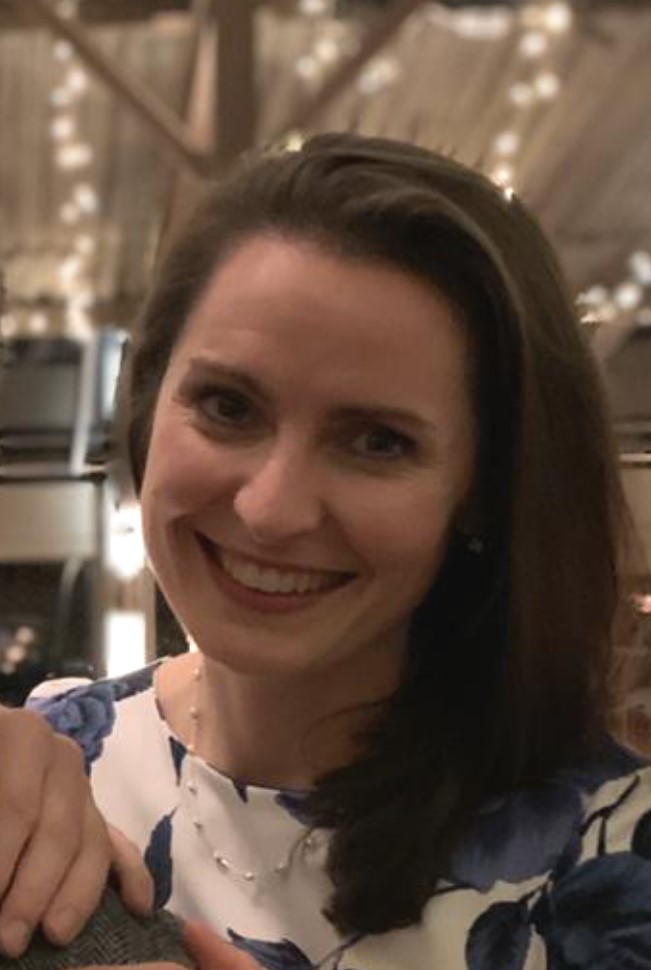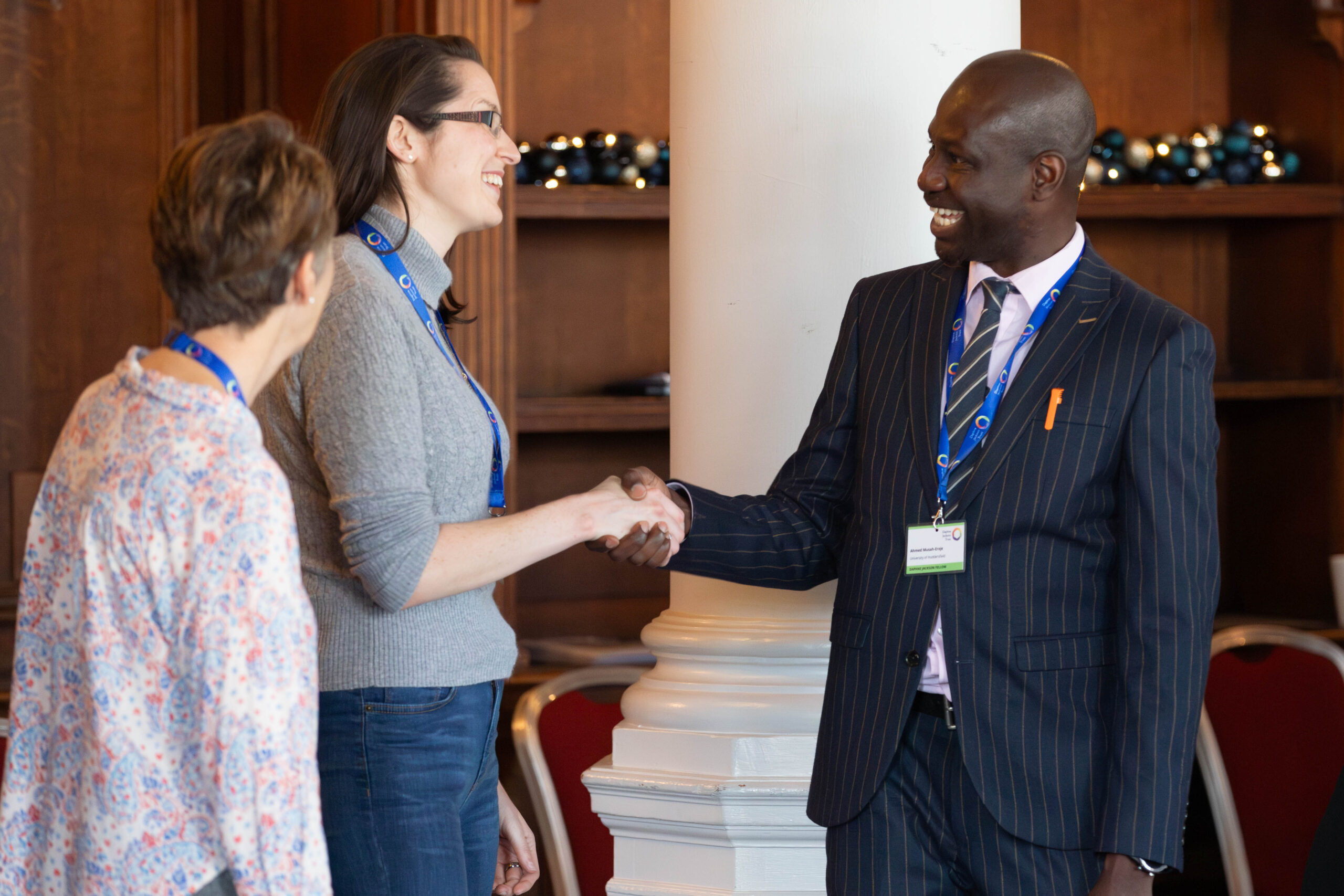New Perspectives on Research: Dr. Lynsey Cullen

While returning to research can be challenging, the perspective and skill acquired over the course of a career break can also create opportunities. Dr. Lynsey Cullen’s experience as a carer and script writer have led her to new questions and allowed her to bring unique skills and methods to her research projects. Lynsey’s Fellowship is sponsored by the University of York, the AHRC, and the ESCR, and focuses on scandals surrounding the use of medical data.
An Academic Career Cut Short
Both of Lynsey’s parents fell ill as she was completing her PhD in the History of Medicine at Oxford Brooks University. “My mum has MS, and my father was her carer until he was diagnosed with a genetic heart condition, and later, with cancer,” Lynsey explains. With her parents in need of full-time care, Lynsey made the difficult decision to step off the academic track. “It really hurt not being able to jump straight into the next thing. There’s a sense that if you’ve left academia then you’ve failed.”
Over the next decade, Lynsey turned to script writing as a creative outlet between her caring responsibilities, winning competitions and staging short plays. Though still hoped to return to research, Lynsey found it almost impossible. “I applied for academic jobs but had been out too long.”
Asking New Questions
So, when the Daphne Jackson Fellowships opened to the Arts and Humanities, Lynsey leapt at the chance to return, building a proposal with the help of the Trust’s Fellowship advisors. Her project, “Patient Data and the Media, 1860s to Present,” hopes to use historical scandals surrounding medical data to explain distrust and opposition to the creation of a single patient database in the UK.
Both the question and implications were informed by years of seeing her own parents try to negotiate their medical conditions through multiple systems. “I hope that by examining data scandals of the past, we can learn how to share data today for the benefit of medical research and healthcare in the UK,” she says. “Trust in data sharing offers so much potential.”
Unique Skills and Creative Outputs
 Lynsey’s research project is just the beginning. The Daphne Jackson Trust has helped her to “reconnect with my peers, build my confidence as a returning academic, and enabled me to publish again.” She has put her networking opportunities to good use, attending conferences and co-authoring a paper on the on the history of mental healthcare in Ireland post-1922.
Lynsey’s research project is just the beginning. The Daphne Jackson Trust has helped her to “reconnect with my peers, build my confidence as a returning academic, and enabled me to publish again.” She has put her networking opportunities to good use, attending conferences and co-authoring a paper on the on the history of mental healthcare in Ireland post-1922.
Lynsey’s time outside academia also gave her the skills to make use of resources at the University of York. “I have been able to borrow 360 filming equipment from the Creativity Lab to workshop an idea for a short virtual reality film.” With the film company, POLARI, Lynsey has applied for BFI funding for a project on the LBGTQ+ helpline at the University of Manchester. The film will immerse the viewer in the switchboard room, telling the stories of the helpline workers and their callers from the 1970s to the present.
She’s bringing these new visions back to the History Department at York, running a workshop on the opportunities for creative output that their Creativity Lab provides.
Looking Forward
Lynsey’s interest in medical history, her networking abilities, and her storytelling skills have led her to the next project, A Wellcome Trust Early Career Fellowship application with a team at the University of Warwick. The proposal focuses on the first Victorian social workers, the Lady Almoners, and their patients. “Who were the first recipients of social care, and how have their needs shaped the profession?”
Lynsey hasn’t stopped there. She’s also written a spec script for a TV show on the Victorian Lady Almoners and the medical scandals that they faced.
For Lynsey, the Daphne Jackson Fellowship has provided a way back into research, while the skills she developed during her break allowed her to think differently about what an academic career can be. “I’m back and chasing these goals, but with a better perspective this time around,” Lynsey explains.
Lynsey is already encouraging friends and colleagues in the Arts and Humanities to contact the Daphne Jackson Trust. “I’ve learned to just be audacious. What have you got to lose?”
Lynsey’s journey is a reminder that a career break is not the end of a research career. Instead, time away can provide a researcher with new skills and new perspectives that they bring with them when they return. Lynsey is offering us all new visions – of how we can overcome problems with data sharing, of the challenges faced by LGBTQ+ people over the last fifty years, and of the origins of social care in the UK.
The Daphne Jackson Trust, with the AHRC, ESRC, and University of York can’t wait to see what comes next.
Related posts
Are you looking for an opportunity to return ...
Have you had a career break for family, caring or health reasons? Would you like to return to your research ...
Daphne Jackson Trust training courses are key to ...
A key element of the Daphne Jackson Fellowship is to help rebuild individuals' self-confidence, which can be lacking following a ...
Support the Daphne Jackson Trust in 2015
We rely on the generosity of sponsors and donors to support STEM professionals wishing to return to their careers with ...
Research carried out by Daphne Jackson Fellow identifies ...
Dr Frances Pearl, a Daphne Jackson Fellow 2011-2013, has analysed genetic data from 5000 cancerous tumours to identify potential new ...
Teresa Anderson MBE, to chair Daphne Jackson Trust’s ...
The Daphne Jackson Trust is delighted to announce that Dr Teresa Anderson, Director of the Jodrell Bank Discovery Centre, University ...
Interview with Daphne Jackson Fellow in The Biochemist ...
Dr Marjorie Gibbons is returning to research at the University of Bath with a Daphne Jackson Fellowship sponsored by the ...





